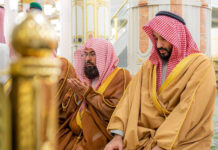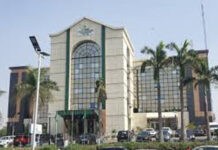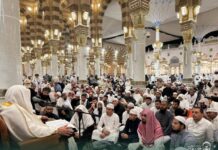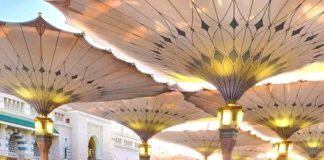EXLUSIVE INTERVIEW:
By Fatima Saka
In an exclusive interview with KaabaNews, Prince Anofiu Eleguishi, the Commissioner in charge of Operations at the National Hajj Commission of Nigeria (NAHCON), shares insights into the preparations and challenges surrounding this year’s Hajj pilgrimage. With concerns over rising temperatures in Saudi Arabia, the high cost of fares, and issues related to health and security, Prince Eleguishi discusses how the commission is ensuring the safety, welfare, and smooth conduct of the pilgrimage. He also offers guidance for pilgrims on adhering to laws and maintaining Nigeria’s reputation as a law-abiding nation during this spiritually significant journey.
The temperature in Saudi Arabia is predicted to be higher than last year’s Hajj. Drawing lessons from last year’s heatstroke incidents, which caused the deaths of many pilgrims, how prepared is the Medical Team to handle sensitization, prevention, and management of heat-related cases?
Well, there’s little we can do to control the weather, and it’s not even our country. The best approach is to continue providing adequate education to pilgrims on how to manage the hot weather. We do this through the Enlightenment Department. Additionally, we have a sufficient number of medical personnel on the National Medical Team to handle health issues.
Enlightenment—especially about health precautions—is our best defense. Since it’s not our country, we can’t influence the weather, so we focus on educating pilgrims to heed medical advice. However, some people won’t listen; they’ll say they paid their money and are entitled to go anywhere regardless of the intense weather. Unfortunately, you can’t force them to follow health directives. Those who refuse advice regarding heatstroke risk serious health consequences—or worse.
How many members are there in the National Medical Team, and how many clinics are you planning to set up for the pilgrims’ medical needs?
That isn’t under my responsibility. I don’t have the figures. The Commissioner of Planning , Research, Statistics, Information and Library Services, PRISLS, Prof Abubakar Yagawal handles that. It’s best to consult with him to get accurate information.
Are you promising that there will be local meals for pilgrims in Madinah?
Yes, indeed. We have been providing good meals in Madinah, and this year, there will be no compromise on the quality or availability.
How long will the pilgrims spend in Madinah?
Each group will spend four days in Madinah. After that, they will proceed to Makkah.
Despite all the efforts by the Commission, why do Hajj fares remain high?
The main factor is the exchange rate. Airfares are dollar-based, and since the Naira’s value fluctuates, the fare—which is around $4,000—is largely determined by the dollar exchange rate. There’s little we can do about that.
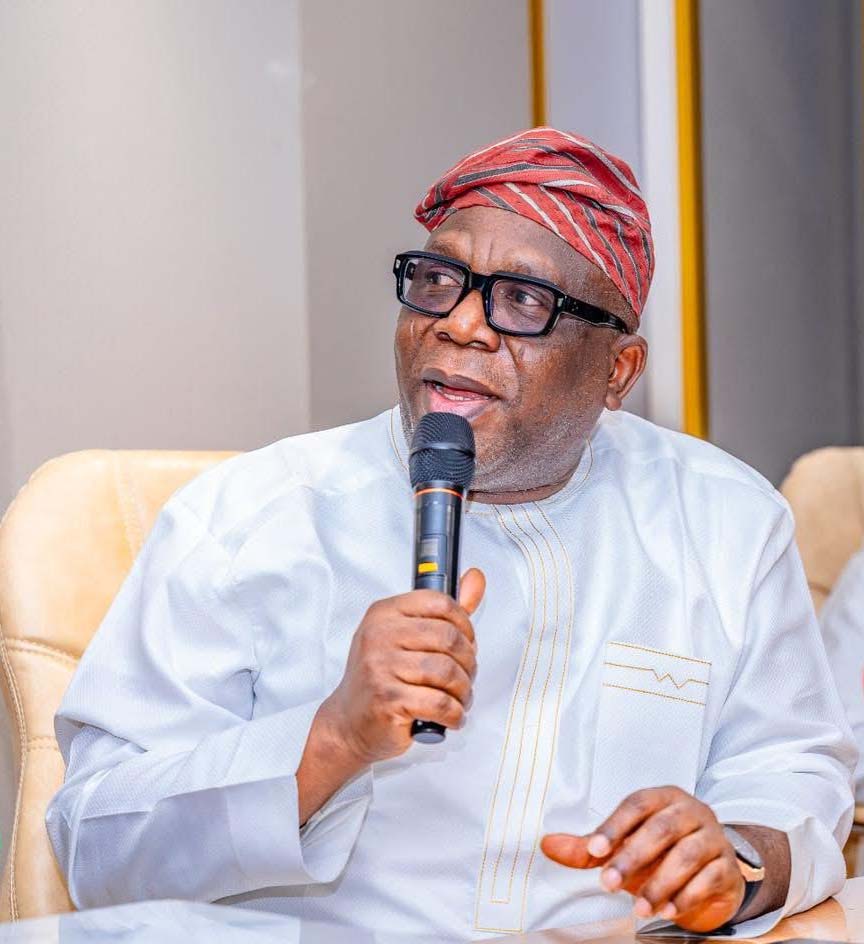
How prepared are you in terms of accommodation, transportation, and the Masha’ir services?
We are well-prepared. Accommodation has been secured for all pilgrims in both Madinah and Makkah. We have also secured spaces in the Masha’ir for Muna and Arafat. Transportation logistics are in place, and the airlifting will commence on May 9. We expect to complete the pilgrimage airlift to Makkah via Madinah by May 24.
READ ALSO:REJOINDER: Setting the Record Straight on NAHCON’s 2025 Hajj Staff Selection Process
What advice would you give regarding prohibited items and Nigeria’s image as a law-abiding nation?
There are two sides to this issue. Some pilgrims go for worship, while others may have different intentions. May Allah guide us all. If a pilgrim’s intentions are good, they will experience blessings; if not, they might face troubles. It’s important for our pilgrims to be good ambassadors of Nigeria.
Anyone who refuses to obey laws and takes prohibited items will only blame themselves. Remember, that country isn’t Nigeria. Language barriers and local laws are serious; misunderstandings can be costly. If authorities discover prohibited items, especially drugs, the consequences can be severe—up to losing your head.
It’s best to obey the law. Some pilgrims might be innocent, but if they take items from others unknowingly—like gadgets or gifts—they risk getting into trouble. Someone might approach them with a gift for their children in Saudi schools, but the item could be prohibited. Innocent pilgrims might not know, and taking such items can lead to serious consequences.
READ ALSO: Nigeria’s Hajj industry set for major reforms as preparations intensify
READ ALSO: Mataf empty as Saudi enforces hajj restriction
The authorities won’t listen to excuses, as they tend to assume we’re lying. It’s better not to accept anything from strangers. Education on these issues is ongoing through state and local government initiatives. May Allah guide us all.

